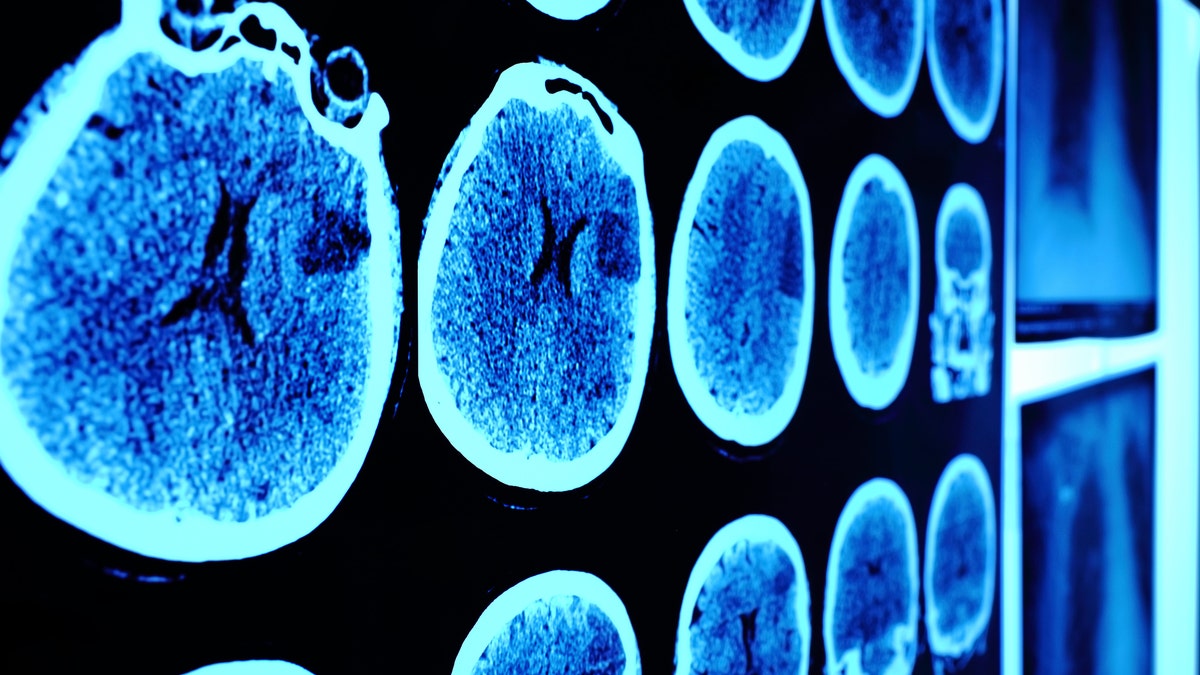
CT scans of skulls. (iStock)
New findings temper the hope that deep brain stimulation, which has shown success in treating Parkinson’s disease and some psychiatric disorders, might also soon be useful in Alzheimer’s disease and dementia.
A study published Wednesday in the journal Neuron suggests that a certain type of stimulation previously shown to improve memory might actually impair it. The findings highlight how nuanced and complicated modulating cognition can be, according to the researchers.
“People got really excited about deep brain stimulation and started applying it in a lot of different areas…But for the purposes of memory, it’s much more challenging,” said Joshua Jacobs, a bioengineer at Columbia University and the study’s first author. “We were disappointed.”
Dr. Jacobs’s team sought to replicate the findings of a 2012 study that showed significant improvement in memory following stimulation at 50 Hz—a high frequency—through tiny probes embedded in the brains of seven patients. Dr. Jacobs was intrigued by the results because that frequency had been shown to silence neurons in other studies, which would presumably hinder the formation of memories, he said.
The lead author of that study, which was published in the New England Journal of Medicine, didn't respond to a request for comment.
